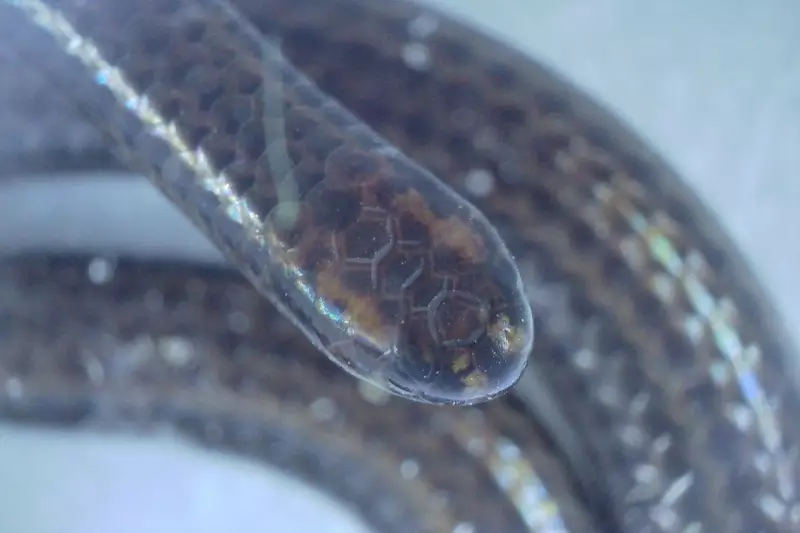
In a remarkable discovery, scientists have confirmed that the Barbados threadsnake (Leptotyphlops carlae) holds the title of the world's smallest snake. Measuring a mere 10 centimetres in length, this tiny serpent is barely thicker than a strand of spaghetti.
Found exclusively on the Caribbean island of Barbados, the threadsnake is so small that it can comfortably coil on a British 10p coin. Its minuscule size and burrowing lifestyle make it incredibly elusive, often escaping human notice.
A Record-Breaking Reptile
The Barbados threadsnake was first described by herpetologist Dr. Blair Hedges in 2008. After extensive research, it was officially recognised as the smallest snake species globally, surpassing previous record-holders from the same genus.
This fascinating creature primarily feeds on termite and ant larvae, using its specialised jaws to extract prey from tight spaces. Unlike larger snakes, it produces just one egg at a time - an evolutionary adaptation to its tiny size.
Conservation Concerns
Despite its recent scientific recognition, the Barbados threadsnake faces significant habitat threats. Urban development on the island has destroyed much of its natural environment, putting this unique species at risk.
Wildlife experts emphasise the importance of protecting the remaining forested areas of Barbados to ensure the survival of this record-breaking reptile and other endemic species.






